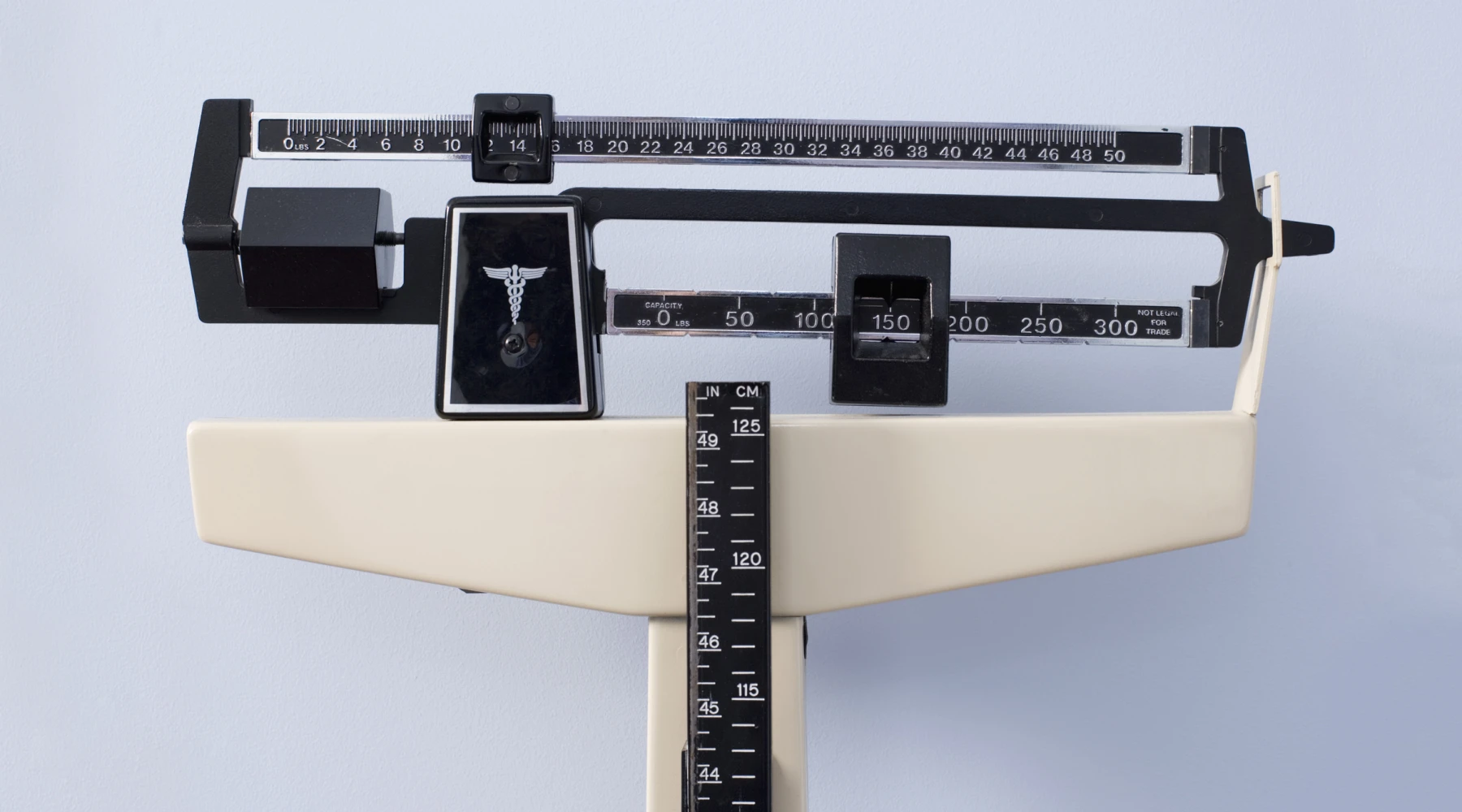
Obesity now impacts a staggering 40%+ of Americans, including nearly 20% of our nation’s1 children and adolescents. We are obviously failing here—especially when it comes to our children.
This Monday, the first guidance on childhood obesity in 15 years was released by the American Academy of Pediatrics2 (AAP), and it’s receiving a lot of attention. The academy is suggesting for the first time that medication can be offered to kids as young as 12, and that weight loss surgery can be offered to those as young as 13. This is a revision of the existing guidance to use a “watchful waiting" approach that delays more intensive treatment until children are older.
It's worth noting that these new recommendations on the treatment of childhood obesity were released before the academy's statement on obesity prevention, which is forthcoming. While we need to act urgently to treat the mounting childhood obesity epidemic in this country, I think the order of these two publications is telling. The medical system is taking drastic measures to "treat" the signs of an issue before fully considering its root cause.
This is nothing new. "As a physician, I was taught no nutrition and almost no lifestyle strategies to aid my patient care," integrative family physician Madiha Saeed, M.D. tells mindbodygreen in reaction to this news. "Putting more resources into weight management education, encouraging healthy behaviors, changing food policies, and providing healthier options in food deserts [is essential]. This latest recommendation is horrifying."
"There are many interventions that can be done before bariatric surgery in [the pediatric] population, including adhering to appropriate lifestyle changes from changing up diet, adding more exercise, supporting sleep and mental health," echoes board-certified family medicine physician Bindiya Gandhi, M.D.
Before turning to meds and going under the knife, we need to consider to the underlying drivers of this metabolic health crisis.
Does all this sound like a radical change in our education system? Or is it more radical to go to medication and surgery? What do you think will cost more in the short term or long term?
It doesn’t take a rocket scientist to determine that pharmaceuticals and surgeries will dwarf the costs of changing school curriculums to reflect our dire need to get our kids and our future generations thriving. Yes, I’m probably oversimplifying the complexity of what would be required for an overhaul of our education system, but it’s clear to me it needs one.
This is also bigger than our education system, and goes back to what we as a nation place a financial value on. What if we subsidized vegetables, fruits, and nutrient-dense animal products, instead of just corn and soy?
It also extends to habits at home. Research shows that one's home environment embracing and implementing good nutrition5 is paramount.
"Obesity in children is not simply a child problem. It involves the entire family system, and therefore effective treatment requires a systems-level approach," Nicole Beurkens, Ph.D., C.N.S., a clinical psychologist, nutritionist, and special education teacher with almost 20 years of experience supporting children, young adults, and families, tells mindbodygreen.
"Supports in the areas of nutrition, exercise, sleep, stress management, family relationships, and more are all components of effectively treating obesity in children. Patients and families should be provided with information and access to all of these things, with ongoing support for implementation, before prescription medications or weight loss surgeries are utilized," Beurkens adds.
"The solution to the problem is absolutely not to put a band-aid on obesity by giving a pill," says integrative pediatrician Joel "Gator" Warsh, MD. "It's to figure out why so many kids are obese and do something about it."
Childhood obesity is complex and multifactorial (genetics, lifestyle, school environment, food security, family dynamics, socioeconomics, psychological factors, and trauma all play a role) and there are no easy answers here.
But we must consider the potential ramifications of measures as drastic (and irreversible) as surgery. "While those interventions may provide benefit for some children, there are known physical and mental health risks involved with those approaches over both the short and long term of a child’s life," says Beurkens.
Furthermore, "Children are still growing physically, mentally, and emotionally, so when they are provided with the right resources in a positive light, it could be life-changing," adds Saeed. "These new guidelines will not change the trajectory of obesity, but further fuel the problem."
After deciding that the “watchful waiting" approach to childhood obesity is not working, the AAP is now recommending medication and metabolic and bariatric surgery in children as young as 12-13. This is a complex issue with no silver bullet solution—but it makes one point very clear: something needs to change. Our institutions in terms of our government and large corporations are failing our children, and it’s beyond heartbreaking. It feels like we’re setting up our kids to fail here, and they are our future. We need to do better. We can do better.
What are the key changes or updates in the new AAP pediatric obesity guidelines ?
The new guidelines emphasize various aspects, such as dietary recommendations, physical activity, and behavioral modifications tailored to address pediatric obesity.
How do the new guidelines impact children and families dealing with obesity ?
The guidelines aim to provide comprehensive support and strategies for healthier lifestyles but can also pose challenges or changes in established routines.
Are there specific concerns or criticisms regarding the new AAP pediatric obesity guidelines ?
Some concerns relate to the practicality or feasibility of implementing these guidelines, potential stigma, or the impact on children's mental health.
What resources or assistance is available for families navigating pediatric obesity as per these guidelines ?
Families can access educational materials, counseling, support groups, and healthcare professionals specializing in pediatric obesity for guidance and support.
How can parents or caregivers effectively address pediatric obesity while navigating these guidelines ?
Answer: Adopting gradual lifestyle changes, focusing on balanced nutrition, encouraging physical activity, and seeking professional advice are beneficial strategies.
